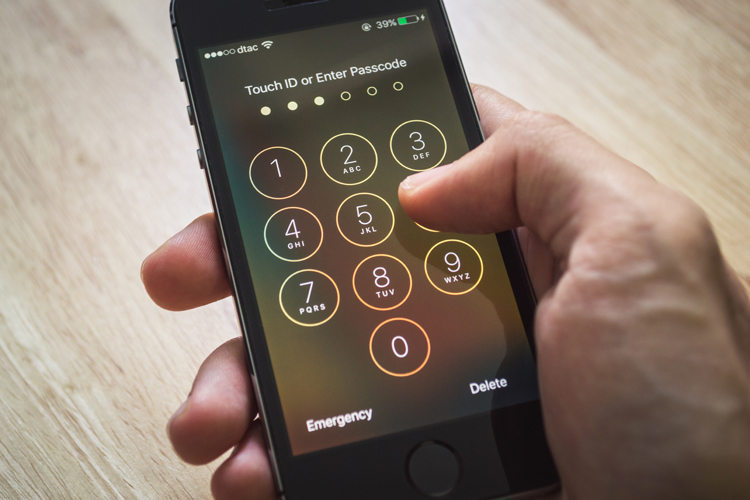Immigration lawyer sues over seizure of his cellphone at airport

Image from Shutterstock.com.
Texas immigration lawyer Adam A. Malik has sued the U.S. Department of Homeland Security for seizing and retaining his iPhone when he returned to the United States from a trip to Costa Rica.
Malik’s Jan. 25 lawsuit says the government seized his phone and searched the contents absent reasonable suspicion that it contained contraband or evidence of illegality. U.S. Customs and Border Protection did not obtain a warrant.
Malik alleges a violation of his expressive and associational rights under the First Amendment and his right to be free from unreasonable searches and seizures under the Fourth Amendment.
Law360 has coverage of the suit, filed in the Northern District of Texas.
Malik primarily represents individuals in immigration and naturalization matters, including clients with lawsuits against the government and clients in removal proceedings.
Malik says his phone has privileged information contained in emails, notes, files and voicemails from more than 2,000 clients. Some clients have “significant legal troubles,” including one client accused of terrorist activities. Some have committed significant offenses but have not been charged. Some are victims of domestic violence.
“If clients and their lawyers believe that adversaries and the government may one day sift through their communications in searches involving unrelated matters, clients are less likely to be candid with their lawyers, and lawyers will hesitate before writing down what they need to write down,” Malik says in the lawsuit.
Malik also says the phone contains personal information, including medical reports from physicians addressing recent medical examinations.
Agents with Customs and Border Protection seized the phone Jan. 3 at the Dallas-Fort Worth International Airport, even though Malik was approved for membership in the CBP’s global entry trusted traveler program.
Malik was told that he was selected for a secondary inspection, during which he was asked about his personal life, his parents and his immigration history, according to the suit. Agents also asked about his representation of certain clients and the identity of certain clients. Malik answered the questions about his personal life but not those about his clients.
An officer then asked Malik to unlock his iPhone to allow for an inspection of the contents. Malik said he could not consent because the phone contains privileged information. The officer said he was keeping the iPhone, and it would be searched.
The agents justified the seizure based on a CBP directive, the suit says. It allows a basic search of the iPhone without suspicion or a warrant. A more advanced search—in which the device can be connected to external equipment and its contents copied—is allowed with a reasonable suspicion of a violation of laws administered by the CBP or when there is a national security concern.
The directive says electronic devices will be returned, and any data collected will be deleted if the government finds no probable cause for the seizure after a review of the information.
The agency violated the directive by searching and reviewing private and privileged information before Malik was informed of an upcoming review by a filter team, he says. As evidence, he cites a request for a verification code for one of his apps.
Malik refused to identify individuals who would be covered by attorney-client privilege because the client names “are connected inextricably with the privileged and confidential purpose for which the clients sought legal advice,” Malik says in the suit.
Before becoming a lawyer, Malik worked for Immigration and Customs Enforcement and Citizenship and Immigration Services.
See also:
ABAJournal.com: “US brief opposes lawyer who objected to border searches of his cellphone”
ABAJournal.com: “Traveling lawyers get new protections in device searches at border”
ABAJournal.com: “Forensic search of cellphone seized at border requires some form of suspicion, 4th Circuit
ABAJournal.com: “Lawyers must take reasonable steps to protect client info in US border searches, ethics opinion says”
ABAJournal.com: “Traveling out of the country? Lawyers should consider using ‘burner’ devices”
Write a letter to the editor, share a story tip or update, or report an error.


